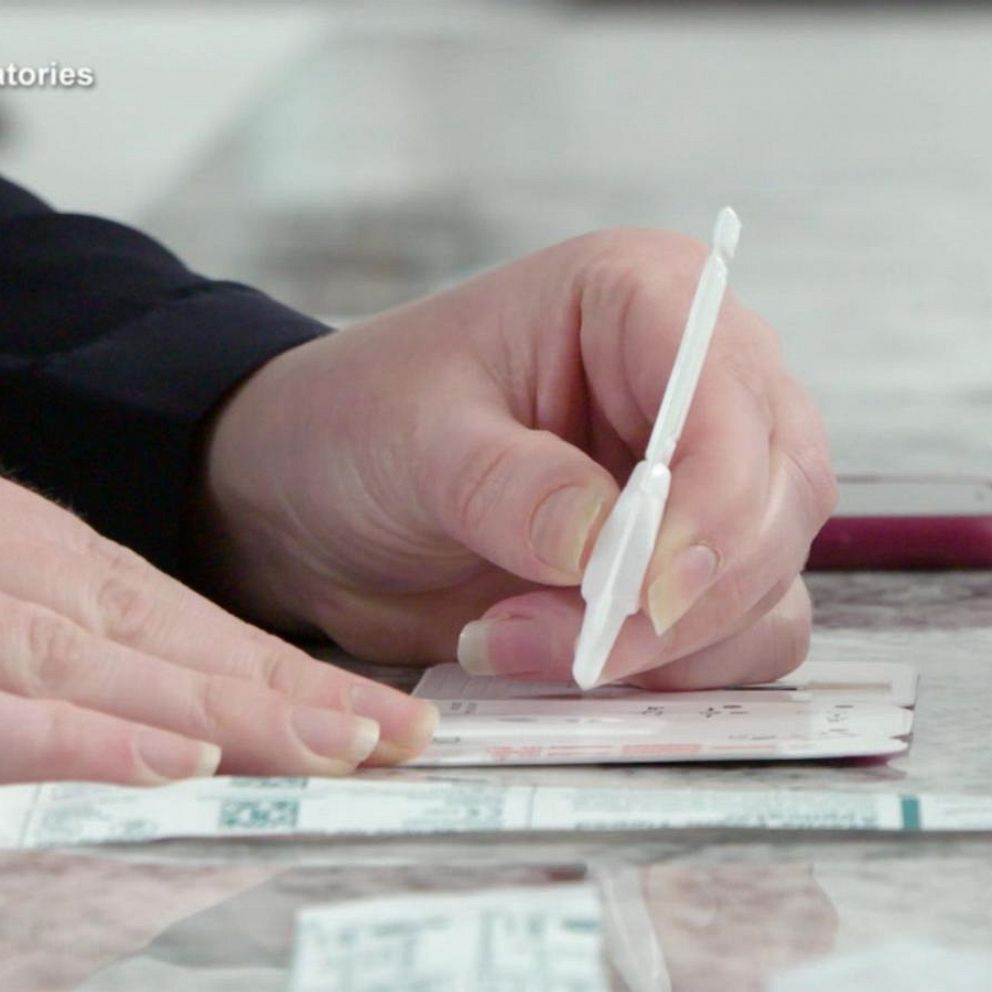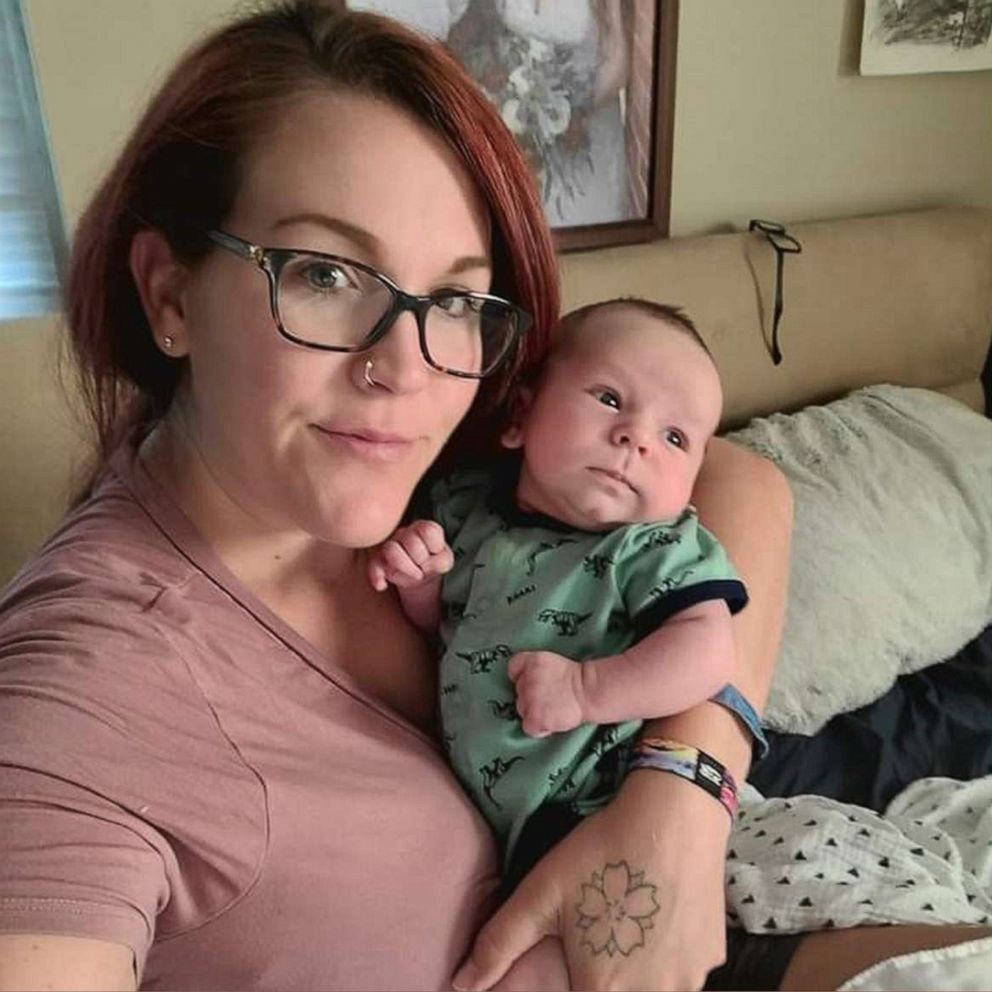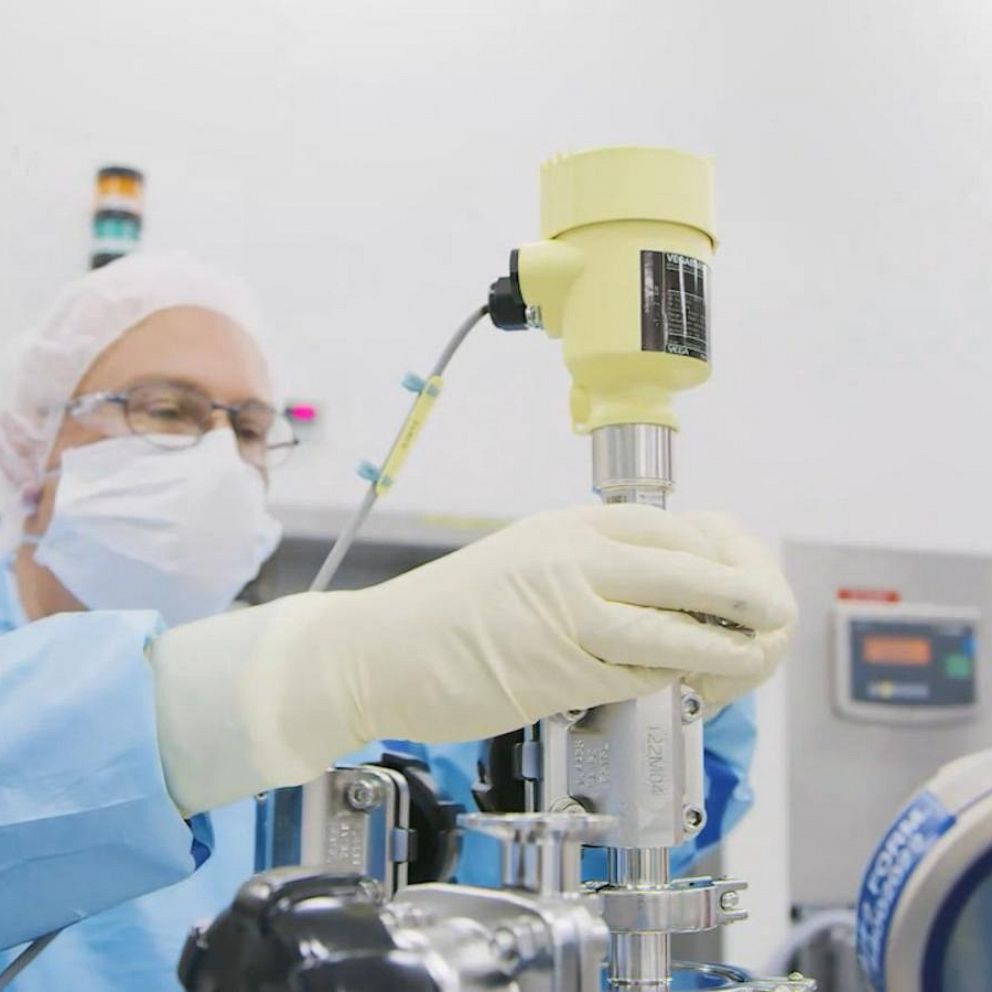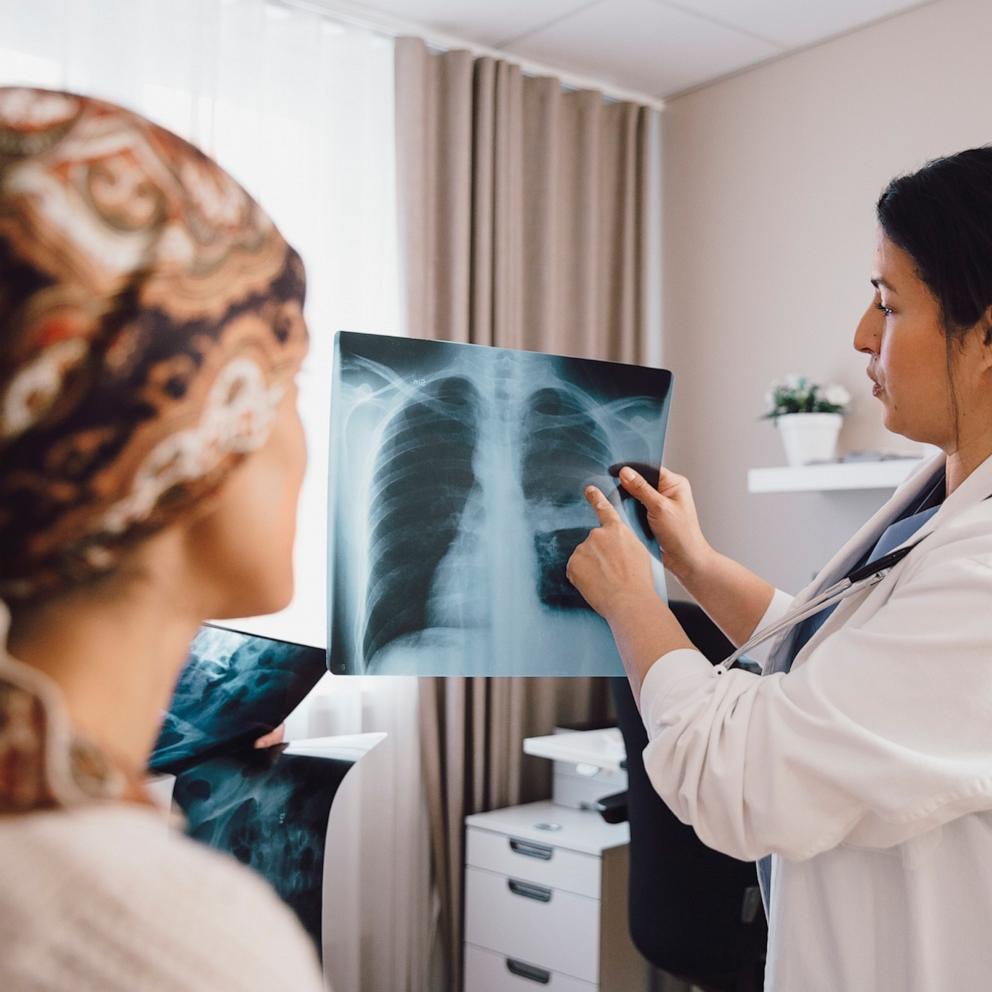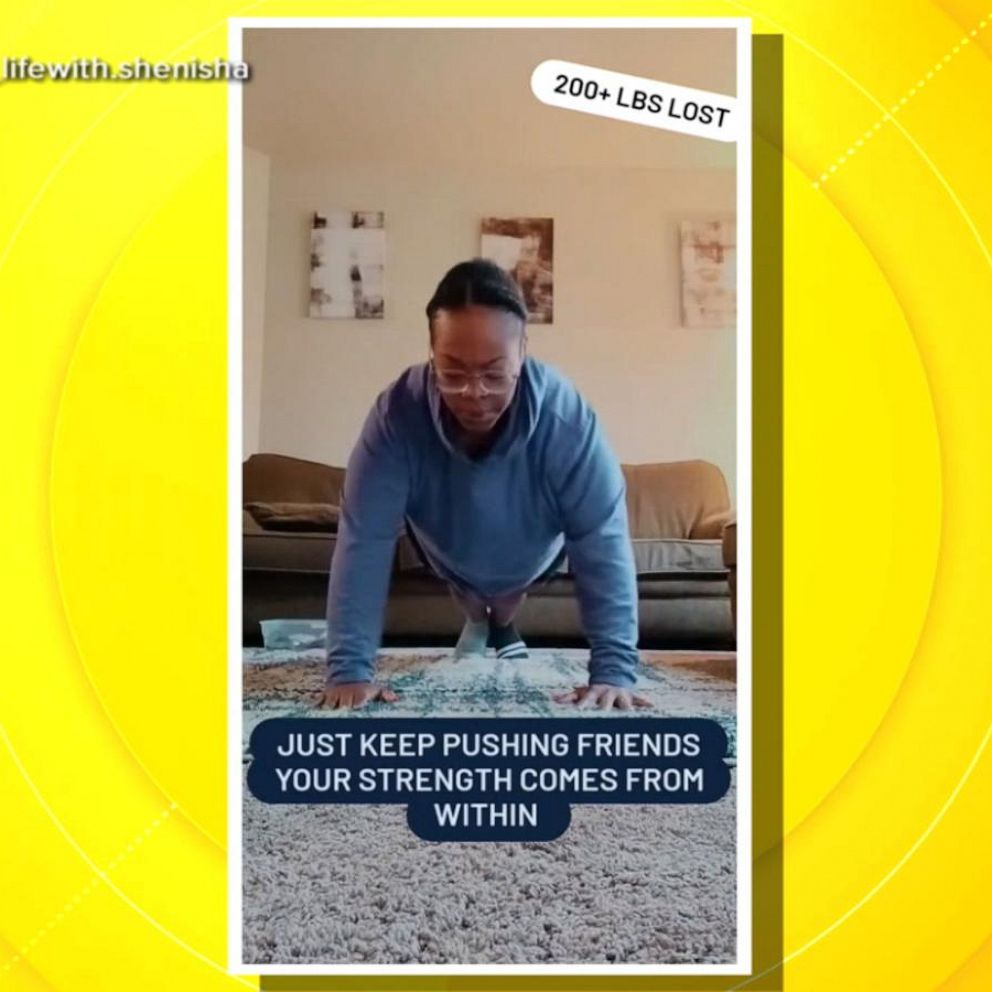4 things to know about omicron and holiday travel, gatherings
Just as hope rose that this year's holiday season would inch back to pre-pandemic normalcy, the omicron variant of the virus that causes COVID-19 entered the picture , raising questions for many people.
Cases of the omicron variant have been confirmed in more than a dozen states across the country.
It comes as, for the first time in two months, the United States is now averaging more than 100,000 new cases per day, according to federal data.
Here are four things to know to help plan ahead for holiday gatherings and travel.
1. Vaccines are the best protection against omicron.
While researchers are still learning more about the omicron variant, it appears so far that being vaccinated helps protect people from getting severely sick, according to Dr. Ashish Jha, dean of the Brown University School of Public Health.
"My sense is you've gotten two shots or been previously infected [with COVID-19], you'll probably end up having a much milder course," he said. "[With] a booster, you'll do even better."
"If you have nothing, no vaccine, not previously infected, I'm not sure it will be a milder disease for you," he said.
Similarly, a study released Wednesday by Pfizer-BioNTech found that being vaccinated with a booster furthers one's protection against omicron.
The study, which was not peer-reviewed, found that omicron likely reduces efficacy of the Pfizer-BioNTech vaccine but does not render it ineffective and that a third dose offers even greater protection against the new variant.
2. Travel remains 'pretty safe' if vaccinated.
For people hoping to travel to see loved ones this holiday season, they should be sure to get vaccinated first, according to Jha.
"For most Americans, if you're fully vaccinated, especially if you're boosted, I think travel is pretty reasonable, pretty safe," he said. "Obviously wear good masks on the airplane, all of the things that we say, but it's still a pretty safe thing to do."
3. COVID-19 testing should be used ahead of holiday gatherings.
The Centers for Disease Control and Prevention on Monday updated its guidance on COVID-19 testing and is advising people, even those who are vaccinated, to get a test before they head to an indoor gathering.
The agency said a rapid test ahead of a gathering is important if the gathering includes unvaccinated children and older people who are more vulnerable to COVID-19.
It is recommended that a rapid test be taken as close before the gathering as possible, even on the same day. When purchasing an at-home test, people should look for tests that have emergency use authorization.
"Even if you don't have symptoms and have not been exposed to an individual with COVID-19, using a self-test before gathering indoors with others can give you information about the risk of spreading the virus that causes COVID-19," the CDC said in its guidance.
President Joe Biden announced a new plan last week for a winter coronavirus strategy that includes making at-home rapid tests free.
4. If you don't know vaccination status at a gathering, wear a mask.
In cases of a small holiday gathering where you know everyone attending is fully vaccinated, it is safe to not wear a mask while celebrating indoors, according to Dr. Anthony Fauci, White House chief medical adviser.
But if you are at a gathering where you do not know the vaccination statues of everyone attending, Fauci recommends protecting yourself and others by wearing a face mask.
"When you are in a public congregate setting in which you do not know the status of the vaccination of the people involved, it is very prudent to wear a mask, and that's what I do," he said at a Dec. 1 White House press briefing. "Sure, when you're eating and when you're drinking, take the mask down, but to the extent possible, keep it on when you're in an indoor congregate setting."

